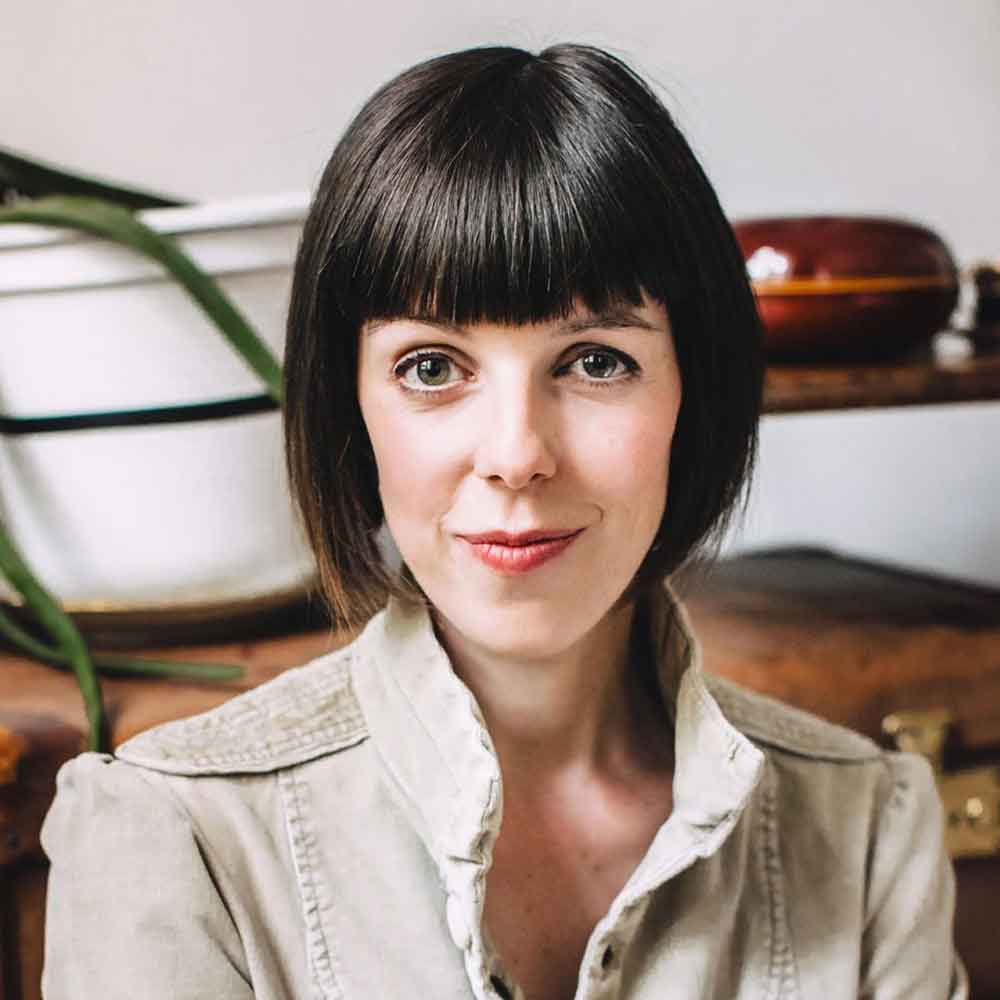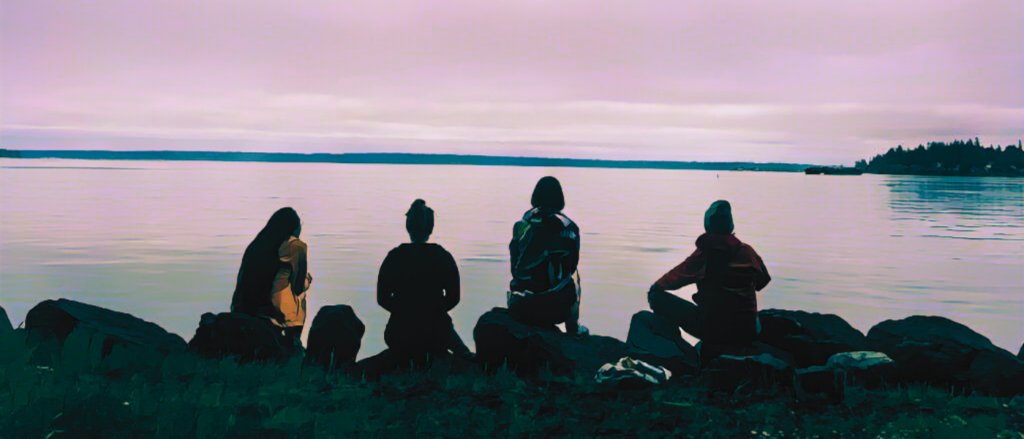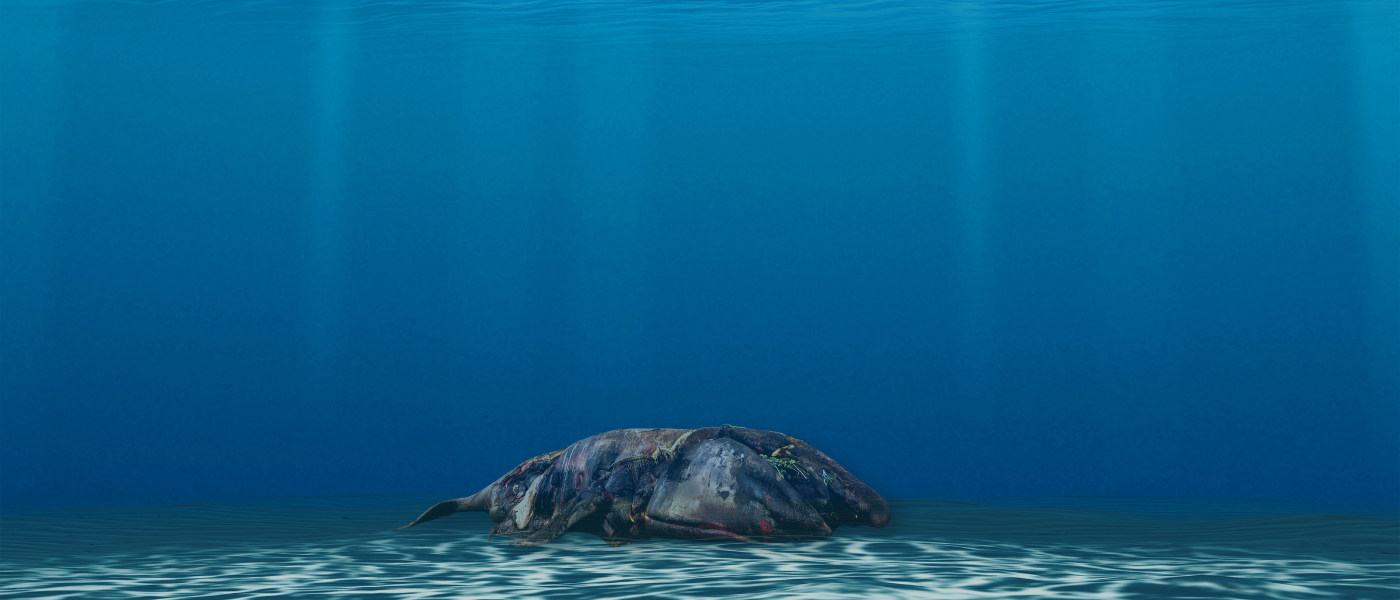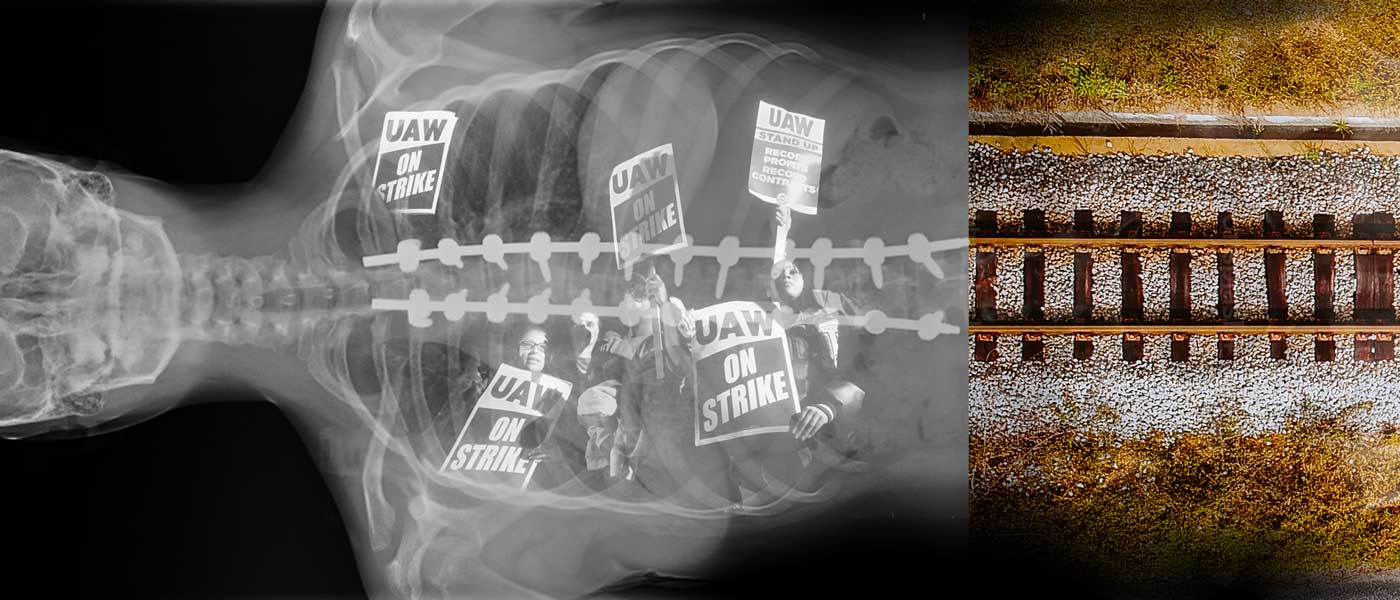There is no such space in my mother tongue: a rumination on holding space
When I was a child I loved to hide in a cupboard in the living room. When I emptied it completely I could just fit into it. I pulled my knees towards me and put my head between my legs. Then I closed the door with a swing, and darkness was around me. It was my favorite spot, I felt completely safe and snug in this space.
As I grew older, I didn’t fit into the cupboard any more. There were no more hiding places. The sun is shining, go out and play with the other kids. Sometimes, these other kids would put me into a small concrete box, the one the garbage bin stood in. It was dark and narrow as well, but full of cobwebs and smelled and it was not the same.
In my mother tongue, you can hold a baby. You can hold a dog. You can hold on to something. You can hold yourself back. That’s what I did. If you hold yourself back, chances are that you stay in a safe space. I learned quickly, and repeatedly.
When I came to Bainbridge Island for a four-day residency with three other American writers, my English was pretty good. I could understand words like “introduce” and “concentrate.” I more or less knew what other residents meant when they’d say, “That’s wild.” I am practiced at using pronouns in different languages. I also learned new words like Dxʷdəwʔabš (Duwamish) and Coast Salish, and what it means to pay real rent. Learning new words is like shaking your snow globe. All the other words get swirled, too.
Then there was this phrase, however, that I couldn’t grasp: to hold space. Did they say “old space” or “holy space,” or did I misunderstand? I heard it when we first arrived during orientation. It sounded important, special almost. I heard it during most meals, as the other American residents talked about their creative life outside of work. I heard it at the end of nights, as everyone reflected on their days. What was this space that they were holding? And what were they holding it with?
Here is what I discovered, in case you don’t know either: to hold space is a feeling. It means stopping time for a minute. It means opening up to the deeper waters that we don’t see normally when we sail on the surface. It’s like a seal diving down and everyone stops for a breeze and we are in this moment together. For us at Bainbridge, it meant waking up before dawn, and walking through the star-lit night to the sound of the Pacific Ocean. It meant swimming in ice cold water that was untouched by the sun. It meant a white wall to put up the poems of a chapter of your life that you have to close. It meant feeding our bellies, hearts and brains, it meant accepting the generosity of others. It’s what the cupboard did for me, but just with people.
Maybe it is because — and I never thought about this before — that in German we do not have the word “space.” We only have Raum (room) or Platz (place). A room is something you are in. It has doors, there is no sun, it can be locked. So when I translate to hold space into German, I would say Raum halten, to hold room. But it sounds more like reserving a room in a hotel: I can hold this room for you (but you have to pay in advance and breakfast is not included). Even outer space is called Weltraum in my language (worldroom) and it feels a bit like indoors.
The other word that comes to mind when I think about someone holding space for you is the word place. A place is the spot where you have to belong: this is your place, for example, what they call home. You can be in the right place, am rechten Platz. You can also hold place, be a place-holder, ein Platzhalter, but it is a completely different thing. It is waiting for someone or something to return. Ein Platz is also a square, an open field of concrete between houses and streets. You can take place, Platz nehmen, which is to sit down and you can not have enough Platz, like on an airplane, you can also platzen, which is to explode. But there is no space in my mother tongue. How can I hold something that I don’t have?
Maybe I need to start small, bringing this tiny offshoot back home in my snow globe. If I don’t have space, let’s Raum halten — hold room — for the moment. Let’s einander halten — hold each other — so we do not need to hide in our cupboards. Let’s uns Halt geben: support each other. Let’s anhalten: stop for a minute.




